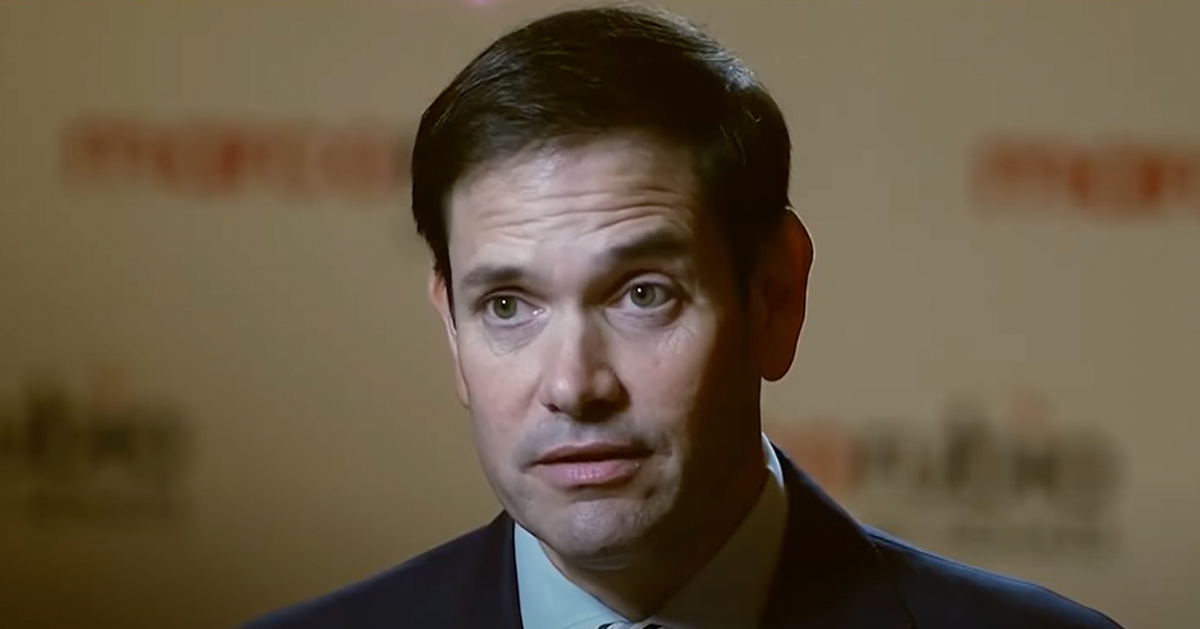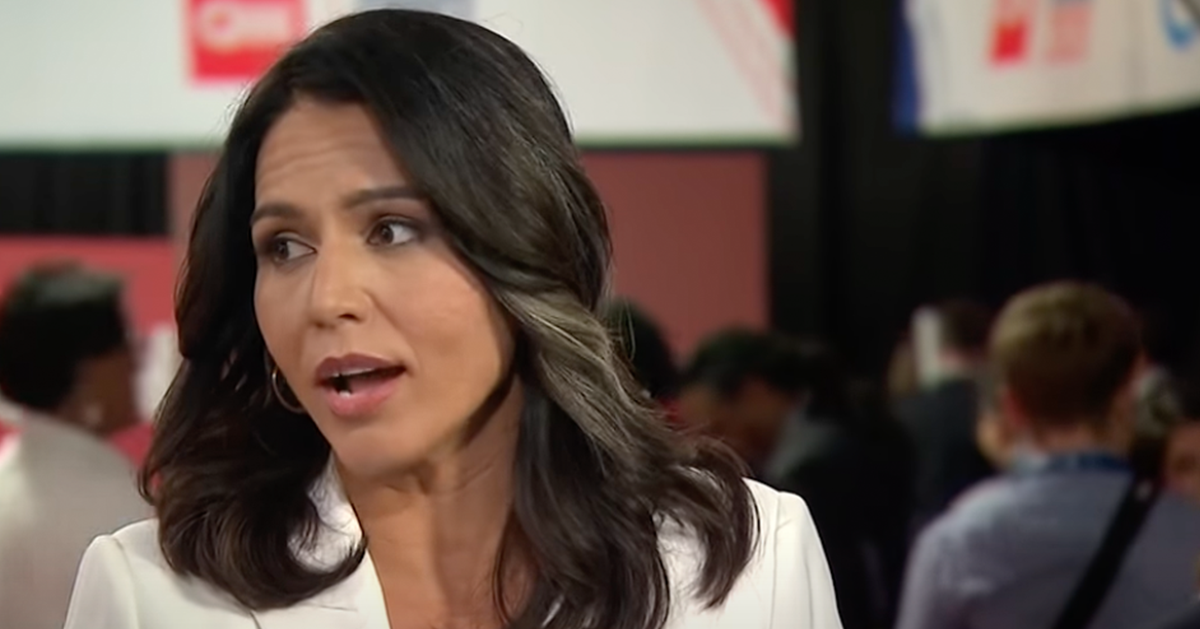Harris Addresses Hecklers with Promise of Ceasefire in Middle East
In a pivotal moment in Arizona, Vice President Kamala Harris confronted a group of pro-Palestinian hecklers by affirming her dedication to a ceasefire agreement between Israel and the Gaza Strip.
Harris shifted to a peace-promoting tone in Arizona amidst heckling, focusing on securing a ceasefire and a hostage deal amid the Israel-Gaza conflict, as the Washington Examiner reports.
While at a rally in Arizona, Harris faced a recurring challenge: vocal pro-Palestinian hecklers expressing their discontent over her support for Israel amidst its ongoing conflict with the Gaza Strip.
This incident comes on the heels of President Joe Biden stepping back from the 2024 presidential race amid similar disruptions.
Harris's Approach Shifts Following Criticism
Harris's strategy at this rally marked a notable change from her previously more confrontational handling of similar situations.
After receiving significant criticism for how she managed hecklers at a previous event on Thursday, she opted for a more conciliatory tone during her latest Arizona rally engagement.
During the Arizona event, as voices of dissent grew louder, Harris acknowledged the hecklers, recognizing the need to express concerns.
This gesture was seen as a stepping stone towards more inclusive and responsive political dialogue. "We are all in here together, I’m told an extraordinary number of people because we love our country; we’re here to fight for our democracy,” Harris expressed, highlighting a collective effort to address national concerns.
Detailed Commitment to Ceasefire and Hostage Release
Focusing on the central issues at hand, Harris didn't shrink back from discussing the specifics of the Israel-Gaza situation.
She reiterated her commitment to pursuing a ceasefire and securing the release of hostages, activities she affirmed were being tackled 'around the clock.' “Which includes respecting the voices that I think that we are hearing from. And let me just say this, on the topic of what I think I’m hearing from over there... Now is the time to get a ceasefire deal and get the hostage deal done. Now is the time,” Harris stated explicitly.
The vice president emphasized the urgency and the bilateral efforts being made to mitigate the conflict’s impact, focusing on the humanitarian aspects such as the hostage situation.
“The president and I are working around the clock every day to get that ceasefire deal done and bring the hostages home. So, I respect your voices, but we are here to now talk about this race in 2024,” she clarified further during her speech.
Vice President's Stand Amid Political Challenges
Heckling has been a known recurrent issue not just for Harris but also previously for President Biden, affecting the political discourse around U.S. foreign policy. This episode underlines the critical balance political figures must maintain between firm policy stances and responsive public engagement.
Harris’s response during the Arizona rally could be seen as a strategic adaptation, possibly influenced by past experiences and feedback from the public and political commentators. The choice to engage rather than confront may define new norms in how politicians handle dissenting voices during public events.
Harris Touts Democratic Values
Harris attempted to address the democratic values she says should frame such interactions, pointing out that respect for diverse voices is foundational to effective governance.
The incident at the Arizona rally carries broader implications for how U.S. leaders might engage with international human rights issues and public opinion concurrently.
This incident reflects an evolving dynamic within U.S. politics where leaders might be more inclined to publicly negotiate tensions and criticisms concerning foreign policy, specifically in volatile regions like the Middle East.
As the U.S. navigates these complex international waters, leadership's approach to public engagement on these topics remains a critical aspect of democratic discourse, setting precedents for future political and diplomatic interactions.






